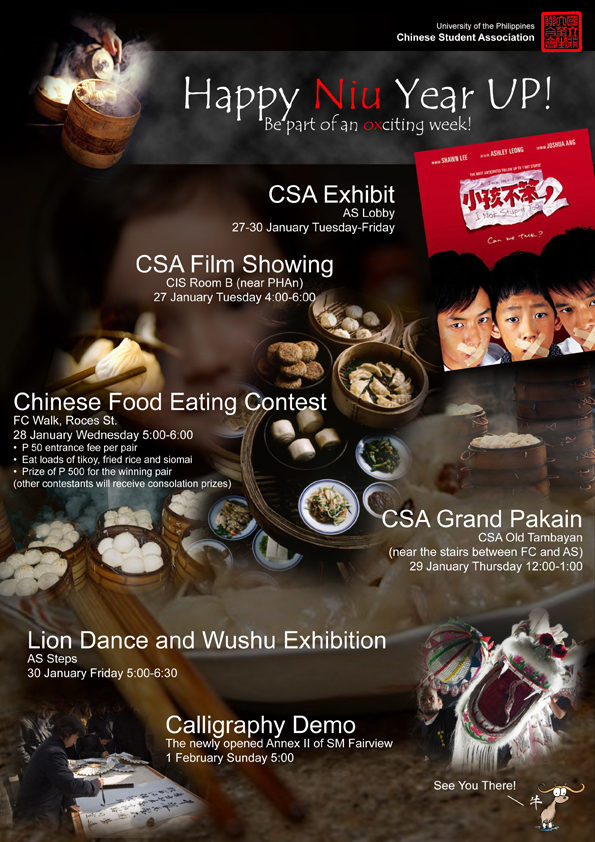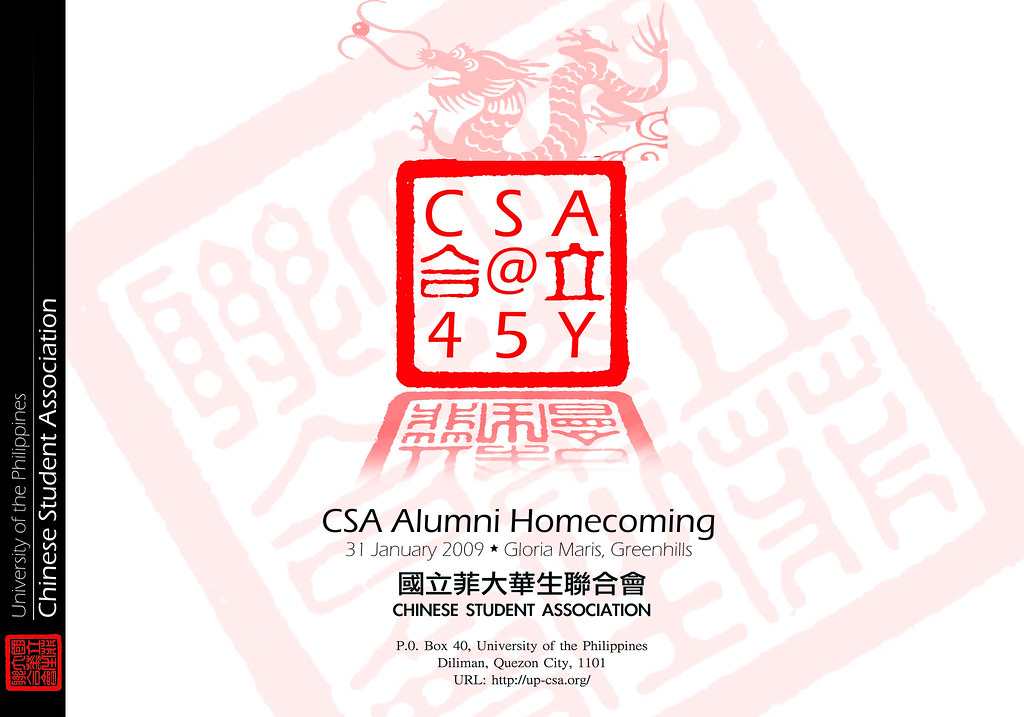
Our second lecture is about "The Culture of Medicine" by Prof. Felipe Jocano, Jr., an anthropologist in the University of the Philippines, Diliman. Prof. Jocano says that the Medical profession is a cultural system because it is a community of practitioners bound by shared beliefs and practices.
You may ask, What is Culture? It is a set of beliefs, rules of behavior and customary behaviors maintained, practiced and transmitted in a society (Hahn, 1995). It is the guidelines inherited or transmitted through generations as part of society, an inherited lens which is symbolic. But for purposes of discussion, we know for a fact that individuals have the freedom to choose, consciously or subconsciously, among the options presented to him by society.
The medical profession, as a cultural system, sprung out from the beliefs and assumptions, whether medical or traditional, in the models of explanations practiced or operationalized by doctors or traditional healers, which may be reproduced.
By virtue of such abilities, doctors are called upon to perform all sorts of things beyond their profession. It is interesting to note that, in the provinces, oftentimes, they are urged to run for a position in government, to be able to serve the people on a wider scope.
What struck me the most in his lecture is the thought of Michel Foucault about the rise of the Medical Gaze, in which he says that the human body is an object and subject to institutional power of the medical profession.
Come to think of it, Foucault is right in saying such. We subject our own bodies to tests; we let the doctors poke their gadgets on our bodies to see whether there's something wrong with us; and other similar experiences. Our bodies are conceived as mechanisms, thus the mechanical metaphors such as the medicines used for "maintenance" or on "maintenance mode".
On the other hand, traditional medicine is still rooted from culture. Pasma, a culturally defined illness is an example of such, which bio-med is urged to explain. More often than not, it's traditional medicine is anchored on harmony between forces (a balance of entities) - hot and cold syndrome, human and non-human interventions, circular model of time (panahon), and seasons of the year.
Prof Jocano says that we can conclude that Bio Medicine is linear and mechanistic oriented while Traditional Medicine is diffused and is based on relationship and balance; but the similarity of the two is that they view the illness similarly, through manifestation and attributes of the illness and the contextual relation and rational for decision-making.


